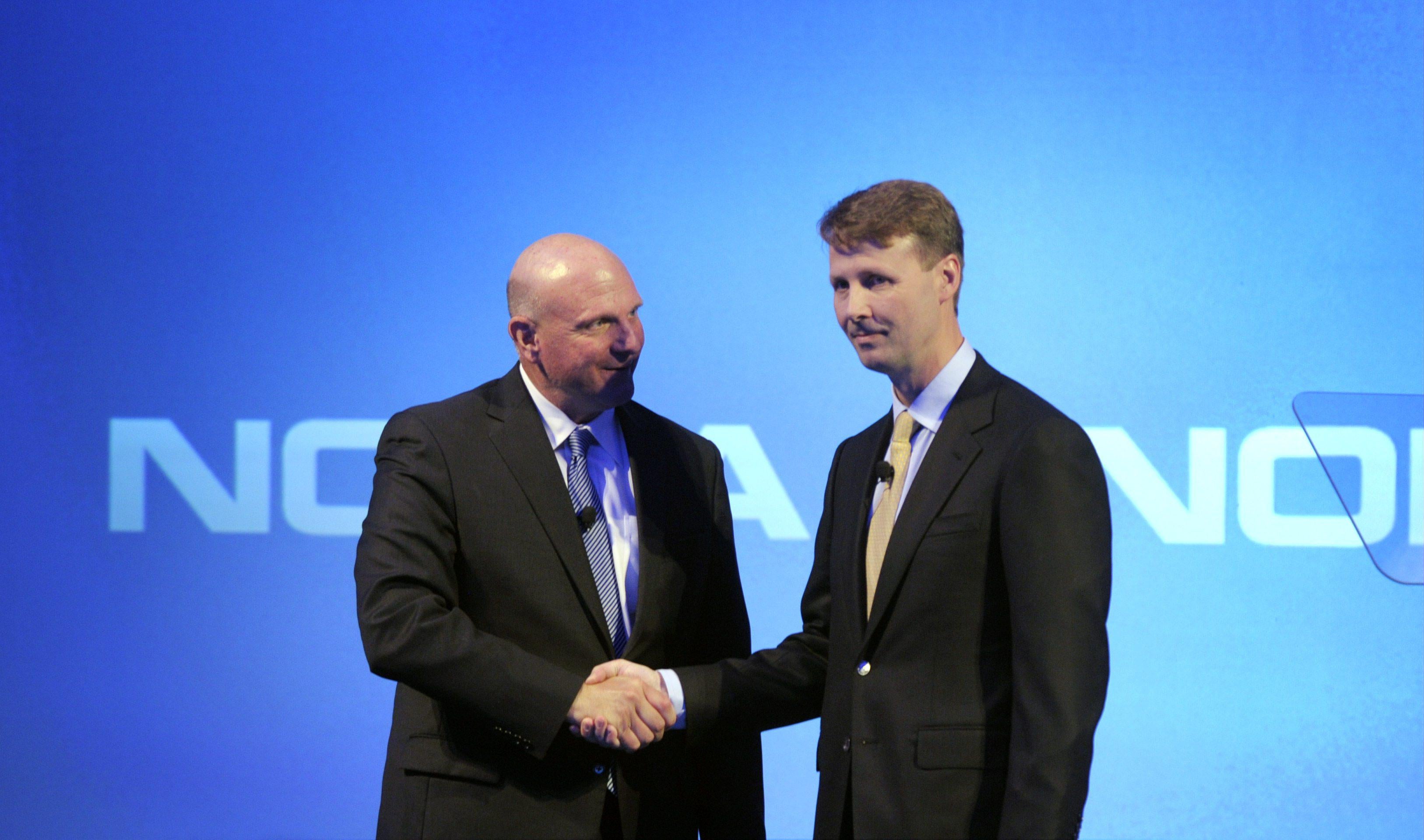Ronald Coase, one of the most distinguished economists in the world, died yesterday at the age of 102. He’s well-known both for the depth of his insights and for the relatively accessible nature of his two major papers on “The Nature of the Firm” and “The Problem of Social Cost.” I feel that the social cost paper gets discussed more frequently among the educated public because it seems to have important political implications, but it’s also not always clear what those implications are (Kevin Bryan has a good discussion here) but the “Nature of the Firm” more tickles my fancy.
Economists talk a lot about markets and about how markets are structured and about participants in the markets. But those participants are often firms—companies, universities or hospitals, professional associations, etc.—that pool the labor and economic resources of large numbers of people. If I look around me right now I’m sitting in a starbucks and out the window I can see a Nissan truck and a Ford sedan and then across the street there’s a Toyota parked in front of the Whole Foods. And you can see that the market transactions between myself and Starbucks or between the Ford’s owner and the Ford dealership are in a sense trivial in scale compared to the nonmarket transactions happening between the Whole Foods employees or the entire Starbucks team and their regional manager or the whole group of people at Toyota who came together to design and build and market the Camry.
So why does that happen? If markets are so great, what’s with all the bosses and colleagues and meetings and internal office politics?
Coase says that basically we have firms for the same reason that big-time law firms are so expensive to hire. It turns out that writing comprehensive enforceable contracts is really hard. To actually specify what will happen in every conceivable situation would be an enormous drag on resources. To cope with the real-time complexities of the business world, you need two things that markets and contracts can’t provide. One is leadership. You need people who can survey a situation, think a minute, and then issue some directions that everyone carries out. Ideally those leaders will make the right call. But typically even picking a sub-optimal strategy will be better than doing nothing at all as you have additional rounds of discussion and bargaining. The other—related—thing that you need is teamwork and team spirit. A workplace where everyone is obsessed all the time with the exact parameters of their job rather than being willing to pitch in and solve problems is going to be a dysfunctional one.
Which is to say that even in a market economy, the most successful practitioners aren’t going to be organized along market principles. Instead they’re little islands of central planning. And the islands themselves operate along different principles—the phrase “corporate culture” is often invoked. Some firms are more communitarian, while others are more command-and-control. Some firms contract-out lots of functions and some firms bring more things in-house. And the boundaries are always changing.
Microsoft has traditionally been a software licenser that had arms’ length contract-and-market relationships with hardware makers. There were some exceptions to the rule—Microsoft made keyboards and the XBox—but the corporate philosophy was to draw the boundary of the firm at the hardware/software line. By contrast Nokia was for a long time an integrated software/hardware company that made both mobile phones and the Symbian operating system that ran on them. Then Nokia made a strategic pivot and decided to become a hardware-only firm that would make phones that ran Microsoft’s mobile operating system. Today, though, Microsoft announced that it is buying Nokia. So now Nokia’s old strategy of integration will become Microsoft’s new strategy. The theory is that having a non-market relationship between the people writing Windows Phone and the building designing the Windows Phone phones will produce a better result than trying to bargain.
What makes the real world more interesting than an economics textbook is that these kind of calculations and recalculations happen all the time and there seems to be no canonical right answer. All firms rely on some amount of contracting-out and by definition all firms do some things in-house. But fads and philosophies and underlying business theories of what to do inside and what to contract out are always changing, and there will probably never be a comprehensive account of when the burdens of contracting are worth the benefits that markets give you.
